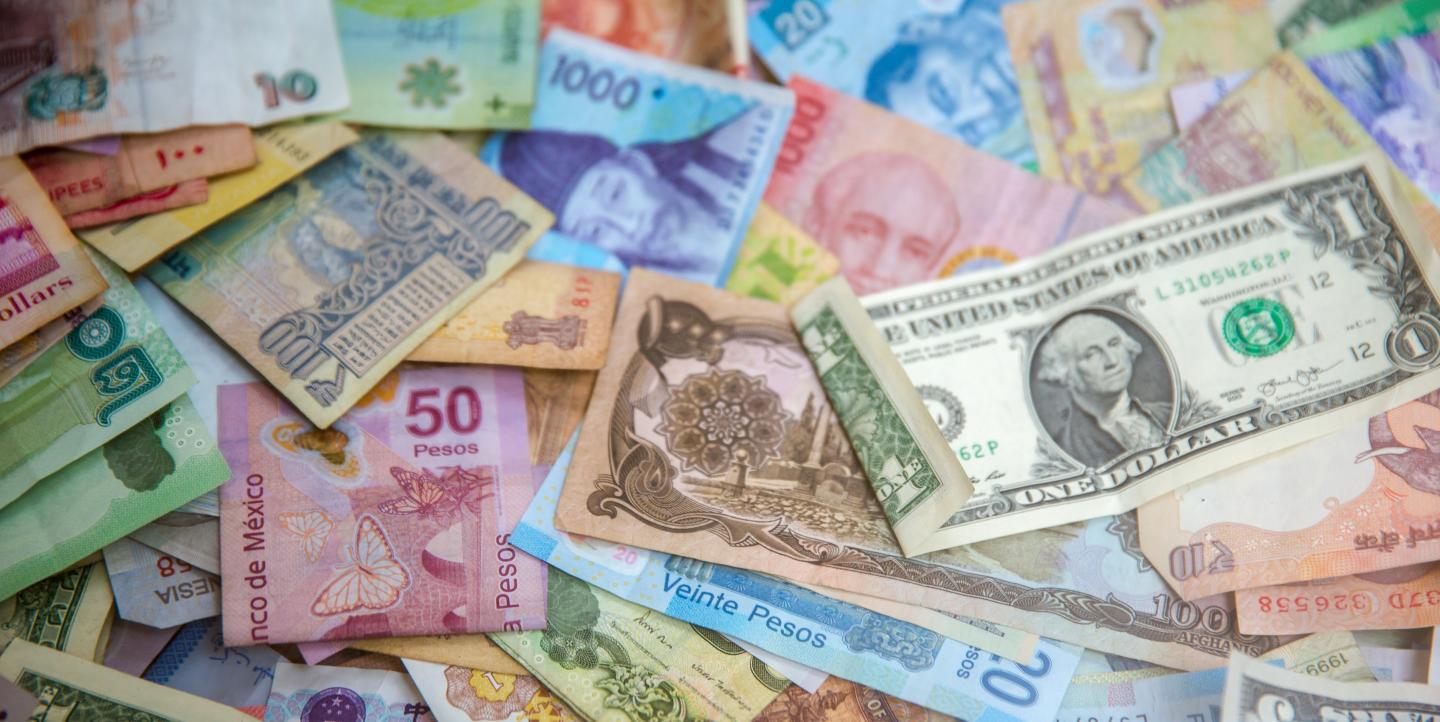In partnership with our parent organization, the International Center for Journalists (ICFJ), IJNet is connecting journalists with health experts and newsroom leaders through a webinar series on COVID-19. The series is part of the ICFJ Global Health Crisis Reporting Forum.
This article is part of our online coverage of reporting on COVID-19. To see more resources, click here.
In Rick Dunham’s 35 years as a reporter, including 15 years at Business Week, no previous economic story has compared to the current global economic crisis. Fallout from the COVID-19 pandemic is the “biggest economic story of our careers,” he said in a webinar Friday.
For the communities we serve as journalists, it’s also an intensely local story, he said, and it's important for reporters to place it in context.
"24/7 news has made basic news a commodity, said Dunham, who is co-director of the Global Business Journalism Program at Tsinghua University in Beijing. “More than the ‘What?’ we need to be able to answer ‘Why?’ ‘How?’ and ‘What next?’”
Dunham shared a wealth of tips for localizing stories in the latest ICFJ webinar.
Here are additional tips from the webinar:
Add value to the facts
- Localize national and global trends
- Observe your community and look for trends that haven’t been covered yet
- Concentrate on underserved communities
- Look for examples where conventional wisdom is wrong or where your community is different from your country as whole
- Take the reader behind the scenes, behind closed doors of a business
- Help the reader understand the significance of an event to the community
- Look for data-driven stories, and find human stories to back these up
[Read more: Impact-driven journalism during the pandemic]
Story ideas
Dunham shared a number of questions to help reporters find ideas in their communities, including:
- What are the major employers in your community? What are the strongest industries? How are they faring?
- How dependent on density in the workforce or for customers are employers in your community?
- What was income inequality like in your community or country before the pandemic? How are less wealthy people more at risk now?
- Is your local unemployment higher or lower than the national average?
- How capable is the healthcare system of weathering a major outbreak?
- How competent is the government to enforce distancing, if needed? How will that affect the economy?
- Which local companies are:
- changing what they make to produce something people need during the pandemic?
- donating their products (especially restaurants) to people in need or to first responders?
- making protective gear or other newly “in demand” products such as cleaning supplies?
- running a vibrant e-commerce component, and which are now struggling with online sales?
- applying for government aid? For this story, Dunham suggests using a local business as a case study, following it through the process, which can often be difficult and time-consuming.
[Read more: From Russia, with tips for sports reporting during COVID-19]
National stories with high local interest
- The tension between economic recovery and community health
- Comparisons between this collapse and its local effects to other modern downturns, such as the 2008 financial crisis
- Impacts on human rights, workers’ rights, press freedom and workplace safety. For example, have certain industries been ordered back to work in your area? Are those workplaces taking precautions to keep people safe?
- The long-term consequences of the increases in debt (on the part of individuals, companies, local governments or the national government) on the people in a community
Sources of global data
- World Bank: Understanding COVID through data
- International Monetary Fund: World Economic Outlook Database (April 2020
- World Health Organization: Coronavirus
- World Trade Organization data (including tariffs on COVID-related products
- European Commission: EU Economic Databases and Statistics
- Google Doc with verified COVID-19 data sources (Created by Geoff Hing)
- Associated Press: Coronavirus Datasets
- Worldometers.info: Coronavirus
- Data.World: Coronavirus and COVID-19 Data Resource Hub
- Data.World: COVID-19 Datasets
- Global Health Security Index
- U.S. Agency for International Development: Emerging Pandemic Threats Fact Sheet
Dunham’s slide presentation, which includes even more resources, tips, story ideas and examples of great coverage, is here.
The Global Health Crisis Reporting Forum from ICFJ and IJNet connects journalists covering the novel coronavirus pandemic with leading health experts, resources and each other. Learn more and join the Forum through its Facebook group. Journalists can use these insights and quotes in their stories.
Main image CC-licensed by Unsplash via Jason Leung.


